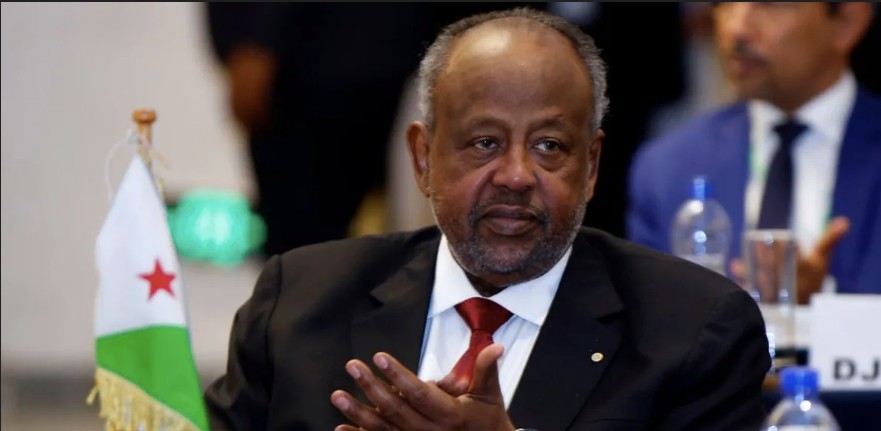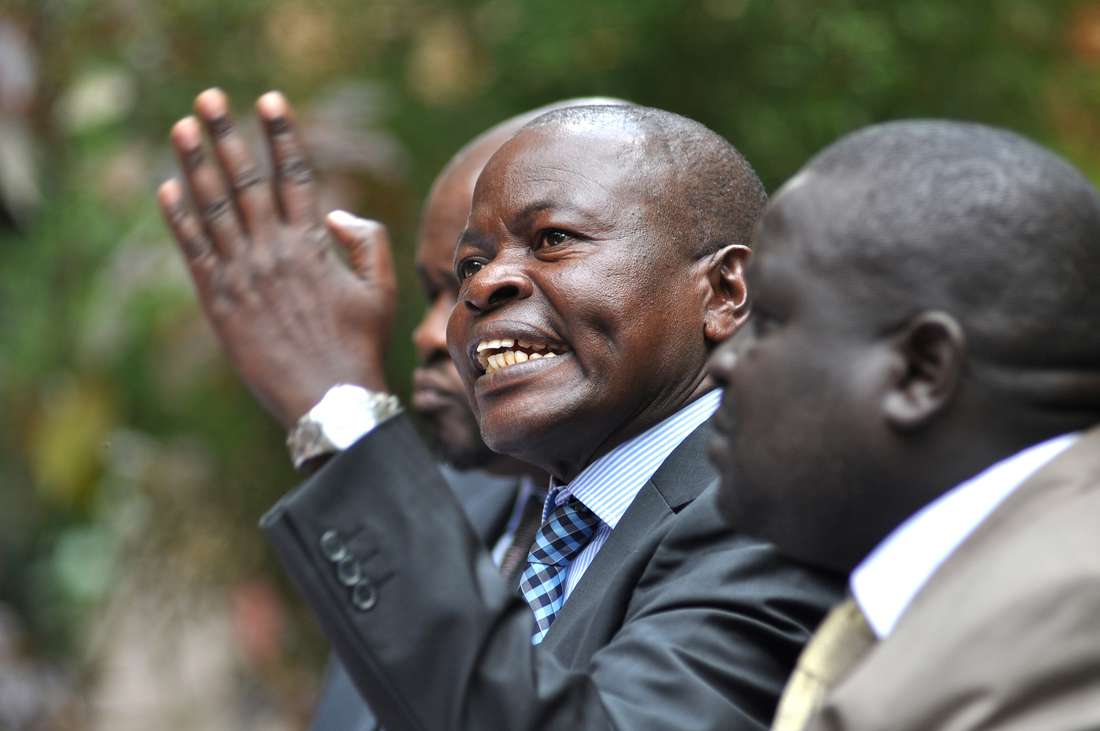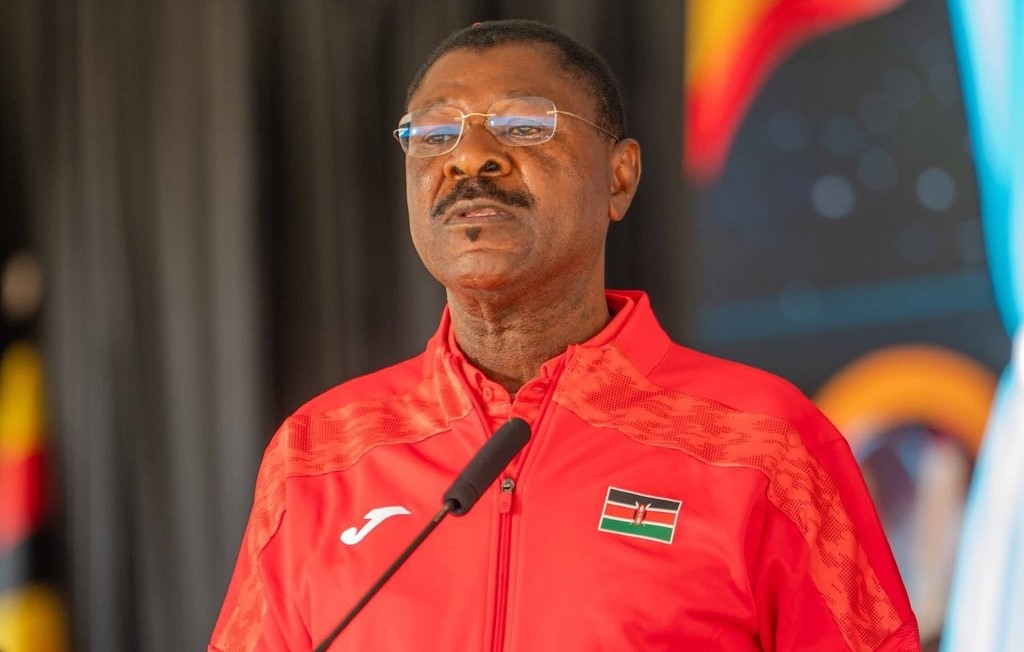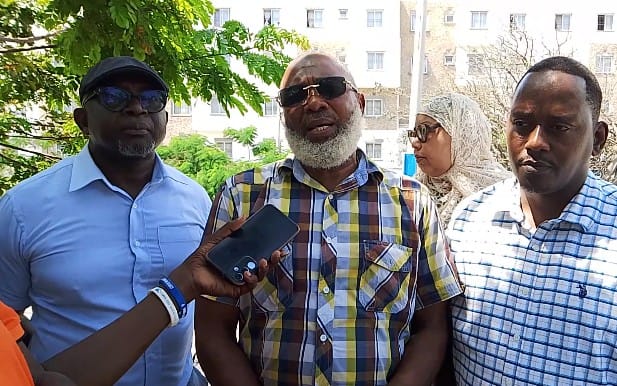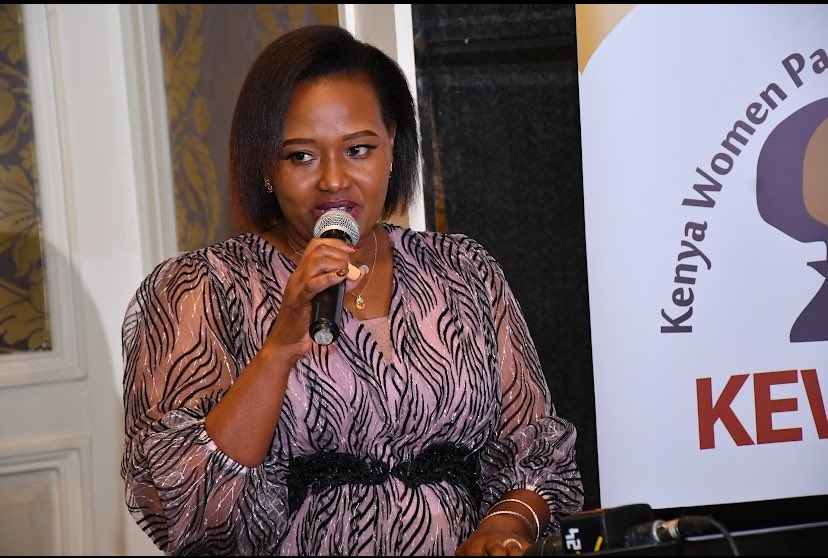Parliament approves plan to use KPC sale proceeds to settle liabilities, compensation claims
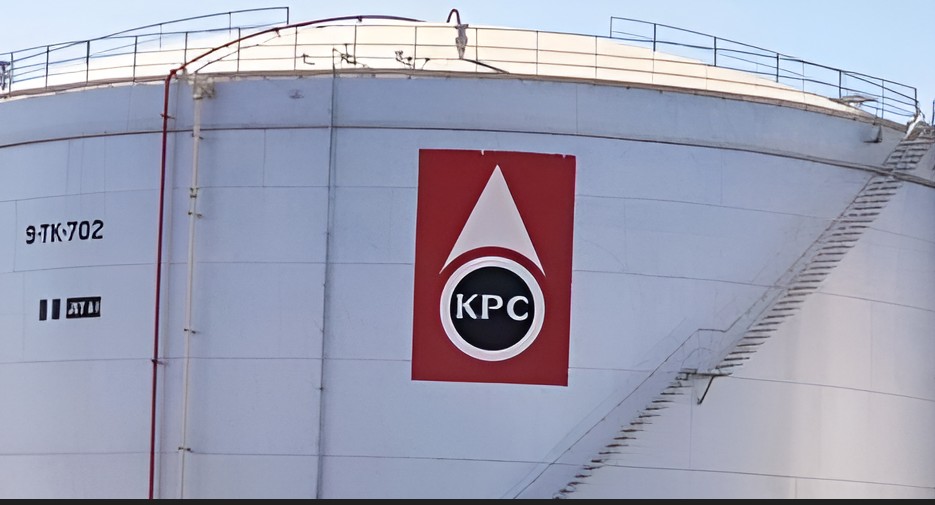
The policy also details other financial burdens, including an estimated Sh400 million loss from delays and procurement issues in the Mzima pipeline project.
The National Assembly has approved a policy framework paving the way for the government to use part of the proceeds from the sale of the Kenya Pipeline Company (KPC) to offset legal liabilities and long-standing compensation claims.
MPs endorsed Sessional Paper No. 2 of 2025, which outlines how the expected Sh100 billion from the Initial Public Offer (IPO) will be utilised, with Sh10.7 billion already committed to settle various financial obligations before the transaction is completed.
More To Read
- Court to hear petition challenging eligibility of Embu North MP Leo Wa Muthende
- Nominated MP Denar Hamisi is dead, National Assembly confirms
- Treasury CS John Mbadi defends ballooning State House budget
- Government, miners form joint committees to curb exploitation, protect communities
- MPs push for urgent funding boost for Auditor General’s office
- Treasury’s plan to abolish six development authorities raises fears over 423 projects, 1,500 jobs
According to the resolutions, the government will direct funds from the sale strictly towards development expenditure, clearing pending bills and managing existing liabilities.
A substantial portion will go to addressing lawsuits amounting to Sh5.75 billion, and another Sh3.8 billion will compensate communities in Makueni County affected by past pipeline operations.
The policy also details other financial burdens, including an estimated Sh400 million loss from delays and procurement issues in the Mzima pipeline project.
There is a third-party order of Sh485 million in favour of Zakhem International after contractual disagreements over the Line V enhancement works, as well as a possible loss of Sh192.6 million linked to the takeover of the LPG facility by Asharami Synergy despite KPC’s earlier investment.
To oversee the privatisation process, Sh100 million has been set aside to competitively hire a transaction adviser, subject to National Treasury approval for any cost adjustments.
“The Privatisation Commission must ensure that all liabilities – debt and credit – and risks affecting the valuation of KPC are comprehensively assessed, transparently disclosed, and factored into the transaction valuation before proceeding with the IPO,” the document states.
The proposal has, however, drawn sharp criticism from a section of legislators, who argue that KPC, a fully government-owned entity, plays a crucial role in the transportation and storage of petroleum products within Kenya and the wider region.
The state intends to privatise it as part of its plan to cover a Sh870 billion budget shortfall in the Sh4.2 trillion 2025/26 budget.
Through the IPO, the government will retain a minimum of 35 per cent ownership. Nonetheless, opponents have warned that the move could hand over a critical national installation to private interests and undermine energy security.
Top Stories Today

